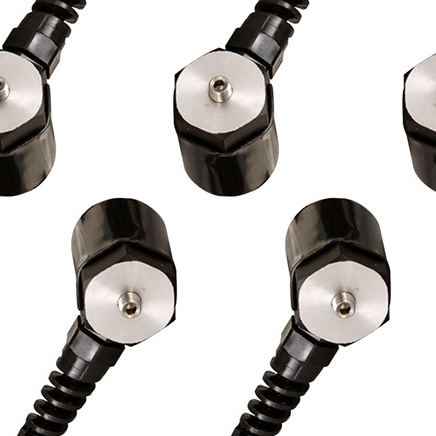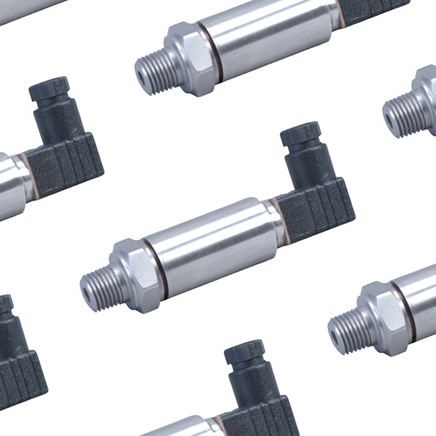Measuring pressure is a challenge -- no matter what the application is. A pressure transducer being underwater presents its own unique challenges. There are countless applications that require pressure transducers to be completely submerged in water.
Even recreational activities like scuba diving, require some level of pressure monitoring to ensure safety. It can be tricky for an engineer to know exactly what to look for in a pressure transducer. Let’s dive into exactly what you need to consider when choosing a pressure transducer for your underwater application.
What Pressure Transducer is Right for Me?
Outline the characteristics of your ideal pressure transducer can be difficult as there are so many factors to take into consideration. These are generally some of the most important criteria to consider when deciding which pressure transducer to implement in your underwater system.
Accuracy
Pressure transducers have different levels of accuracy. Depending on the end application, your pressure transducer may be able to get away with an accuracy with a high tolerance. For example, a swimming pool will not need as much sensitivity as an oil rig. Most residential pools do not need to worry about contaminating large bodies of water with oil.
Depth
Your pressure transducer could be one foot underwater or 15,000 feet underwater. Pressure transducers are engineered to handle certain levels of underwater depth. Generally, the lower the depth, the more expensive the pressure transducer will be.
Water Quality
Material will determine how long the pressure transducer will last in any given body of water. Water has different properties, depending on where you are in the world. If your pressure transducer is in saltwater, you will need a completely different material than a freshwater application. Stainless steel is generally thought of as a durable material, but in saltwater it’s not a material that is viable long-term.
On top of all that, one criterion that engineers often forget about is lightning striking water. But wait -- I thought water is not a good conductor of electricity? Pure water is not a good conductor of electricity; in fact, pure water is almost an insulator. But, the fact is 99% of underwater pressure transducer applications will not involve pure water.
The number of positive and negative ions in water directly affects how conductive the body of water is. If water is mixed with chemicals or minerals then there will be more ions present. So, salt water will have a much higher electrical conductivity than pure water. You also need to consider lightning protection when choosing a pressure transducer for an underwater application.
Lightning Protection
A lightning strike can render a pressure transducer completely useless, even if it is underwater. A lightning storm that strikes, even next to the body of water the pressure transducer is in, can raise the electrical potential of the body of water. The pressure transducer may be the shortest path for the voltage to get to the ground. The electrical surge would flow through the electronics and fry all of the sensitive equipment.
In order to prevent this from happening, the pressure transducer can be outfitted with a component that will prevent the electrical surge from destroying the electrical components. The component will create a path for the voltage and protect the electronics. The transmitter housing will be connected directly to a grounding wire. The voltage spike will flow right into the ground instead of completely destroying all of the electronics in the pressure transducer. Granted, if there is a direct lightning strike to the pressure transducer, there is little chance that the transducer will be functioning properly afterwards.
Discuss with your team to define the proper criteria for your underwater pressure transducer. If your team is unsure, do not hesitate to reach out to pressure transducer manufacturers. They can guide you in the right direction.
- What is a pressure transducer?
- How do pressure transducers work?
- Pressure sensor vs transducer
- Custom pressure transducers
- Pressure transducers FAQ
- Selecting a pressure sensor
- How to specify
- Installing a pressure transducer
- Troubleshooting
- Selecing an amplifier
- Selecing a controller
- Selecing a data logger

